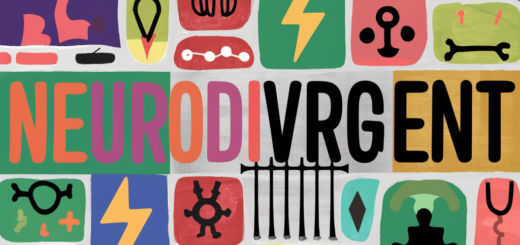Understanding Autism in Adults: Signs, Diagnosis, and Support

Autism, a neurodevelopmental disorder, is often associated with children. However, it’s important to remember that children with autism grow up to be adults with autism. Understanding autism in adults can be complex due to the wide range of symptoms and functioning levels, ranging from high-functioning autism to more severe forms.
Recognizing the Signs of Autism in Adults
Autism in adults signs can often be subtle and may have been overlooked during childhood. These can include difficulty with social interactions, communication challenges, and a tendency towards repetitive behaviors. Some adults may have been misdiagnosed with conditions like ADHD or anxiety before their autism diagnosis.
Adults with autism may also experience sensory overload, finding certain lights, sounds, or textures overwhelming. They may also have specific interests that they are intensely passionate about.
Autism in Adults: Diagnosis and Testing
Getting autism in adults diagnosed can be a relief for many, explaining the difficulties they’ve experienced. The process usually involves detailed autism in adults tests, including observations, interviews, and questionnaires.
If you’re wondering, “Who diagnoses autism in adults?” the answer is usually a team of specialists, including psychologists and psychiatrists. They will look at the individual’s history and current symptoms and may also use specific diagnostic tools like the Autism Diagnostic Observation Schedule (ADOS).
Autism in Women and Men
Autism in adults, women, and men can present differently. Women with autism are often underdiagnosed as they may be better at masking their symptoms and mimicking social norms. They may also have less recognized symptoms as part of the autism spectrum, leading to missed or late diagnosis.
Autism in Adults: Treatment and Support
While there’s no cure for autism, many autism-in-adults treatment options can help manage symptoms and improve their quality of life. These can include cognitive-behavioral therapy, social skills training, and medication for associated conditions like anxiety or depression.
Support for adults with autism can also come in the form of occupational therapy, which can help with skills needed for daily living and working. There are also many online and offline resources and communities that can provide support and understanding.
Living with Autism: High Functioning Adults and Employment
Many adults with high-functioning autism can live independently and have successful careers. However, they may still face challenges in the workplace, such as difficulties with social interaction or sensory issues. Employers and colleagues can help by promoting an understanding and inclusive work environment.
Conclusion
Understanding autism in adults is crucial for providing the proper support and improving their quality of life. If you suspect you or a loved one may be on the autism spectrum, it’s never too late to seek a diagnosis and access the available help and support.



2 Responses
[…] Understanding Autism in Adults: Signs, Diagnosis, and Support […]
[…] Understanding Autism in Adults: Signs, Diagnosis, and Support […]